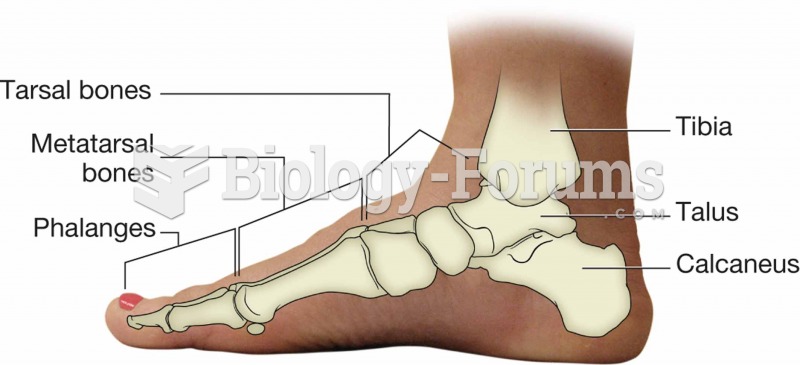This topic contains a solution. Click here to go to the answer
|
|
|
Did you know?
About 100 new prescription or over-the-counter drugs come into the U.S. market every year.
Did you know?
Thyroid conditions may make getting pregnant impossible.
Did you know?
More than 4.4billion prescriptions were dispensed within the United States in 2016.
Did you know?
Hip fractures are the most serious consequences of osteoporosis. The incidence of hip fractures increases with each decade among patients in their 60s to patients in their 90s for both women and men of all populations. Men and women older than 80 years of age show the highest incidence of hip fractures.
Did you know?
The most common treatment options for addiction include psychotherapy, support groups, and individual counseling.







